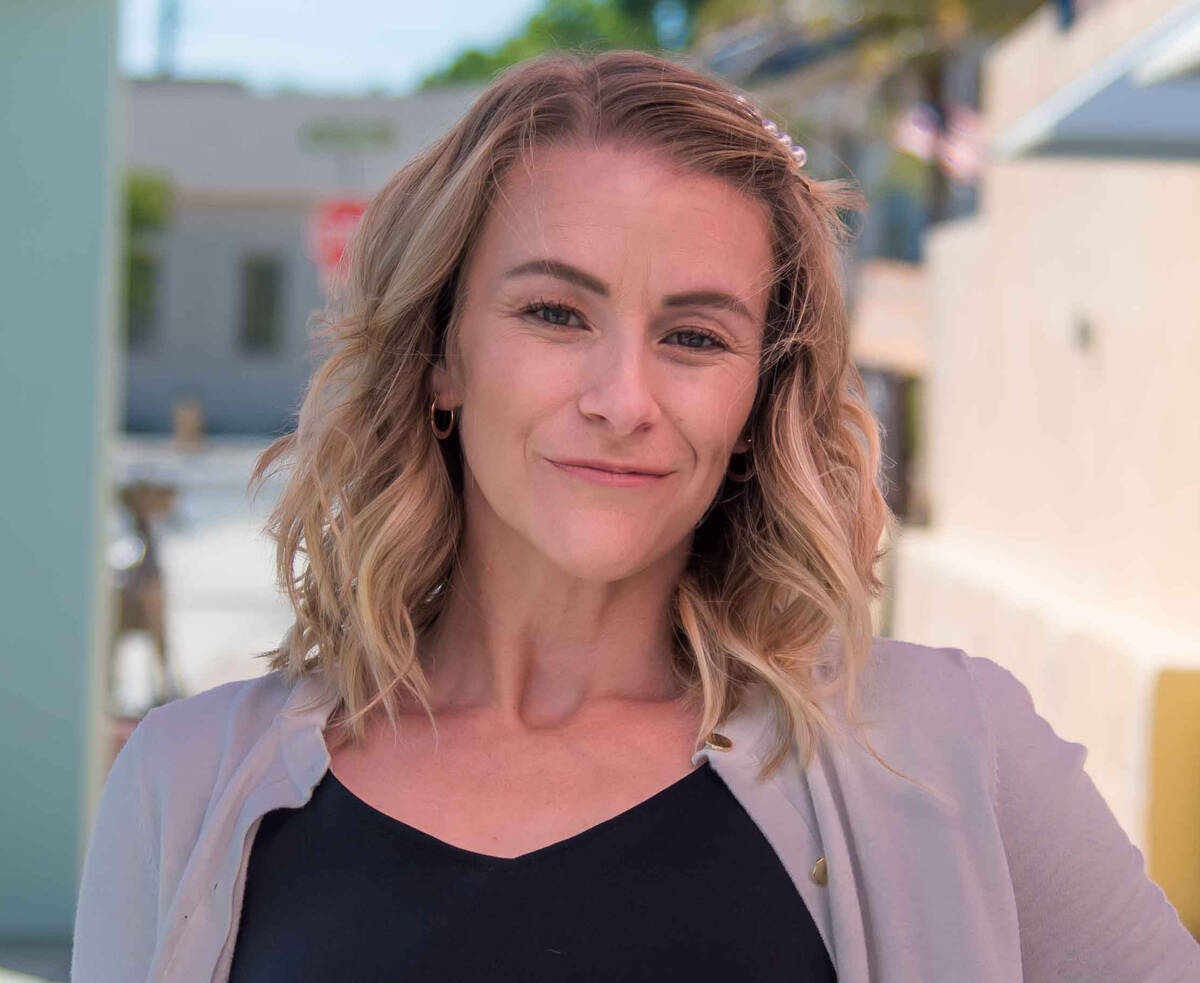Is Alexa digitally assisting or dealing out frustration?
This holiday season I’m contemplating technology. I purchased Alexa devices because I was tired of yelling across the house at mealtimes. They also function as alarm clocks, fact checkers, personal meteorologists, multiroom speakers, audiobook narrators, escape room docents and, when we’re feeling lazy, a conduit for family scripture time. All from the convenience of a little device. It almost seems too much for one little dot, and the problem is that many times it is.
However, these phrases that may be familiar for those of us who have interacted with a digital assistant.
“Alexa, play my Christmas playlist on the home group.”
“Playing Kris Kross on Amazon.”
“Alexa stop.”
“ALEXA SKIP! SKIP! SKIP! SKIP! SKIP! SKIP!”
Nothing against Kris Kross, after all they make me wanna jump, jump. But, too often I find myself yelling for Alexa to connect me with kids in adjacent rooms. Another factor is that Siri and Alexa hear some family members better than others. It never listens to me or my son, who speaks a million miles a minute. I suspect there is a metric, vocal tone or volume level that we aren’t hitting that determines whether devices follow through on commands.
While these moments are probably entertaining to the digital hamsters running things, in the moment they are frustrating and tip the cost-to-value seesaw.
You have to admit that the improved voice and interactions feel very much like talking with a human. We have Alexa tell us jokes.
One discussion surrounding tech innovation is the thinning boundary between human and mechanical cognition. Does lifelike technology alter our perceptions of its performance ability? It’s just a device, a speaker hooked to a mainframe in internet access and evolving algorithms.
So what happens when this personified technology fails us? My son sometimes yells at Alexa in ways that make me question his sanity the teeniest bit. I call her names I’d never call a real person. I’ve read studies that suggest that a lack of empathy toward human resemblant technology can lead to decreased real-world empathy, which is concerning.
Another supposed benefit, increased communication between family members, is just not as good digitally. My kids are less likely to listen to my distant cracking voice than my “I mean business” face. Yet, I am less likely to walk down the stairs to glare at them because I have the option to continue multitasking. In this way, technology both encourages and undermines my efforts as a parent.
Perhaps one of the most terrifying things I noticed after becoming fully plugged in was receiving shopping notifications based on conversations I’d had. Not based on browsing history or online store purchases.
When I planned a Death Valley camping trip, I saw ads for camping equipment on social media feeds. I went through and disabled personalized ads in social media tracking. There were about 57 social media sites to go through, so it was definitely no easy task. But worth it if you value privacy.
While these devices have their faults, instead of bringing us closer, the devices cause frustration, make us lazy, sell our information to companies and don’t really deliver on all of our needs as a family. I also appreciate that it brings me to a moment of thoughtfulness. I get to pull myself out of the situation and decide whether I am perhaps the problem. I think, more than anything else, this is true for the technology.
I have chosen at times to substitute togetherness for digital presence. I have (sometimes) allowed myself to prioritize comfort over my and my kids’ well-being. I have chosen to rely too heavily on a device that is, frankly, limited.
Are there still benefits? In the end, I find myself stuck.
Filling the house with Christmas music every December morning feels like something that will become part of a collective family memory. I love that Alexa always knows the time, weather and traffic, and wishes me a good day after telling me.
So, I guess the consensus for our family is that technology, as anything, is better with a healthy sense of balance.
The opinions expressed above belong solely to the author and do not represent the views of the Boulder City Review. They have been edited solely for grammar, spelling and style, and have not been checked for accuracy of the viewpoints.
Alycia Calvert is a longtime Boulder City resident. She has lived here with her husband and children for the past 15 years.





